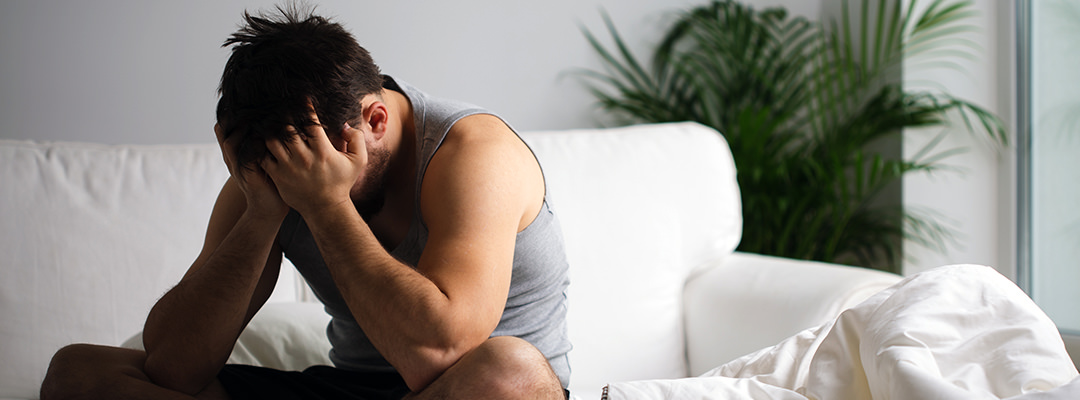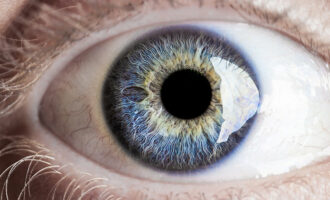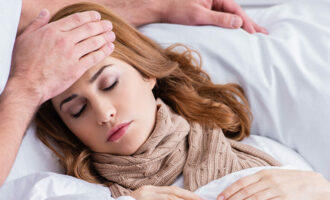As your personal and professional responsibilities increase, it is not uncommon to wonder how much time would free up if you didn’t need to sleep. It certainly takes up a large chunk of your day which is why every now and then; you don’t mind missing it and diverting your focus onto an important deadline. From there, it doesn’t take long for you to ask the long-debated question. Can you survive without sleep? We’ll see that sleep deprivation is linked to both short and long-term health complications. Don’t forget to check this sleep aid device review if needed.
How Long Can You Last Without Sleep?
As long as you do not have an underlying medical condition such as the genetically linked Fatal Familial Insomnia (FFI), you will not die from sleep deprivation itself. Those suffering from this illness, however, can go six to thirty months without sleeping before eventually succumbing to death. During this sleepless period, their insomnia progresses into worse symptoms like night sweats, sleepwalking, weight loss, hallucinations, dementia, heart disease, and multiple organ failure, including the brain.
Similarly, another medical condition known as Morvan’s Syndrome may cause people to have severe insomnia, enabling them to go on for months without going to sleep. This, however, is not as lethal as FFI.
When it comes to staying awake voluntarily, the longest record available is that of Randy Gardner, a 17-year-old high school student, who stayed up for two hundred and sixty-four hours and twenty-five minutes, so he could break the world record for his school science fair. Monitored by sleep scientists towards the end of his experiment, he managed to stay awake for eleven days until it was physically impossible to do so. However, that posits a very important question. What does it really mean to be awake?
What Does It Really Mean To Be Awake?
While someone may manage to not sleep for eleven hours, they start losing cognitive and motor function rather quickly. They are no longer the same person they were a day ago as their perception is altered, and their judgment is impaired within twenty-four hours of depriving themselves of sleep, thus altering behavior. So, while they may be physically awake, they cannot function intellectually.
The human body requires sleep to repair itself and replenish the mind to prepare it for the coming day. When it doesn’t receive what it needs, it reacts accordingly and our body undergoes certain physical and mental changes, depending on how long it has been since the person last slept. Therefore, how long someone can actually go without sleep and stay ‘awake’ is significantly less than eleven days.
Effects of Sleep Deprivation
After 24 Hours
Alluded to being similar to a 0.10% blood alcohol concentration, people experience obvious cognitive rigidity, both sensory and motor. This includes vision and hearing impairments, tremors, and muscle tension. These neurological deficits are also accompanied by memory problems, whereby the person may not only face difficulty holding a single chain of thought and remembering words to communicate what they want to, but they also experience some false memories and memory loss.
Besides these, the more obvious effects include:
- Drowsiness
- Irritability
- Fatigue
- Loss of motivation
- Mood changes
Therefore, in such a physiologically weak state, the person’s judgment is impaired. While these symptoms may not directly place them in harm’s way, it does make them more prone to accidents. The person may make risky and oftentimes dangerous decisions which is why sleep-deprived individuals should not be given sensitive responsibilities. Like those with a blood alcohol content of 0.10%, they should not be allowed to drive or be on high stake jobs such as working for healthcare with little to no sleep.
After 36 Hours
As time elapses, the symptoms become more neurological in nature, whilst the intensity of those discussed above increases. The person will be more fatigued, irritable, and drowsy and their coordination and response time is further reduced. They also display decreased oculomotor, eye movement, function, as they have trouble focusing on something.
Their reasoning, understanding of social cues, and retention of information are all affected as well. Their speech may slur, and their word choice is limited, collectively making speech and communication very unclear. They also become incapable of tonal modulation since their speech is flattened and monotone.
Moreover, the body’s sleep-wake cycle has been disrupted for a lengthy period, thereby producing an excessive amount of stress hormones which in turn increase the person’s blood pressure. Their glucose levels are elevated too, and their immune system is weakened. The hormonal imbalances translate into drastic changes in the person’s appetite, metabolism, temperature, and mood. As they crave higher calorie food, it starts affecting their body, especially if this cycle continues.
The body is under an exorbitant amount of stress so it becomes increasingly difficult to stay awake.
After 48 Hours
After two days of not receiving any sleep, the body desperately requires rest, which is why it begins to involuntarily lapse into ‘microsleeps’. These blackouts of unconsciousness may last up to thirty seconds, after which the person feels disoriented and unable to track lost time.
As expected, the aforementioned symptoms exacerbate as well. The neurological impairments evolve into extreme stress, anxiety, and depersonalization and the person may even hallucinate. These hallucinations could be visual, auditory, or olfactory because the person’s sense of perception is heavily altered.
Their immune system further weakens at this stage, which is why repeated experiences of staying up longer than forty-eight hours can irreversibly damage a person’s body, making them prone to infections and illnesses.
After 72 Hours
Although it is exceptionally hard to go without sleep as long, those who manage to do so distort their perception of reality. This stage is identified by hallucinations of varying degrees and frequencies. In simple terms, it is a state you should strive to avoid at all times.
The Bottom Line
While Randy Gardner may have gone without sleep for eleven days, he experienced a vast variety of physical, physiological, and mental deficits in that time. Since being physically awake and mentally present are two different experiences, it is recommended that a person should not deprive themselves of sleep.
Chronic sleep deprivation is associated with a higher risk of cardiovascular and neurological diseases, as well as diabetes. Those afflicted with it have higher blood pressure, a weaker immune system and are in constant pain, and suffer mental disturbance.
Even if you can’t meet the recommended CDC guidelines of getting seven to nine hours of sleep for adults, it is better to get one or two hours of sleep than not getting any at all. It takes around ninety minutes for one sleep cycle to complete and even that can rejuvenate you.
If you find it difficult to sleep, there are numerous lifestyle changes you can adopt. These include stepping out frequently for more natural light, increasing exercise, reducing caffeine and alcohol, and avoiding electronic screens before bed, to name a few.
We at Sleep Underground want you to be mindful of this and get the replenishment you deserve. Just because you can stay up for eleven days does not mean you should.





